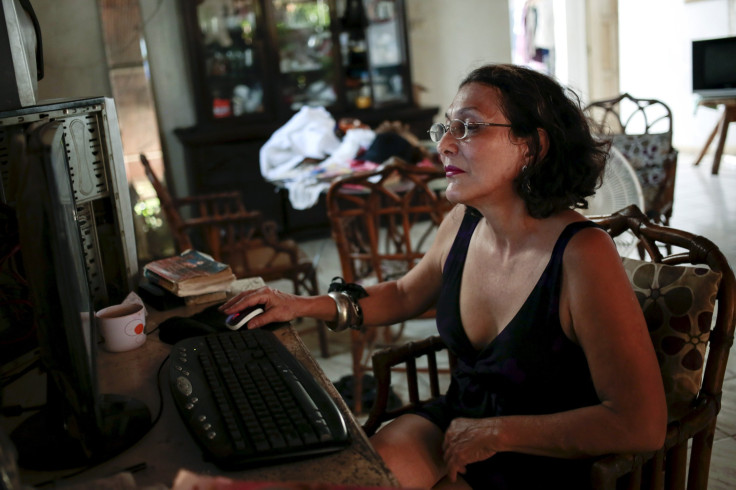Breast cancer: Chemotherapy reduces immune system’s ability to fight off common infections

Researchers from University of Leeds and Leeds Teaching Hospitals NHS Trust have pointed out a startling fact about breast cancer survivors and chemotherapy treatment. Breast cancer survivors, who have taken chemotherapy treatment to cure the life-threatening disease, may be lacking essential antibodies that protect against common viral and bacterial infections for at least up to nine months after their treatment. Even if the survivors have taken vaccinations for the infections years before, chemotherapy renders them ineffective.
According to the study published in the open access journal Breast Cancer Research, chemotherapy reduces body’s immune response. However, the research has opened new avenues for additional post-treatment monitoring that can benefit breast cancer survivors. Revaccinating them may prove to be beneficial though further study is required to have a definitive answer.
Chemotherapy is used to treat 30 percent of breast cancer patients. However, not much is known about the long-term impacts of the treatment on immune system. In the new study, researchers measured the lymphocyte and antibody levels of the survivors. Lymphocytes are a group of white blood cells involved in our body's immune response.
They investigated the immune system of 88 women with breast cancer. Lymphocyte levels were measured before chemotherapy and at intervals between two weeks and nine months after the treatment. There was no pre-chemotherapy data for 26 of these participants.
The researchers also found out that smoking appeared to slow down the recovery of some immune cells.
“We were surprised that the impact of chemotherapy is so long lived. We were also surprised that smoking and choice of chemotherapy agent influenced the dynamics of the recovery of the immune system,” said Thomas Hughes, researcher at the School of Medicine at the University of Leeds.
Hughes also pointed out the need for future immune health of breast cancer patients during treatment planning.





















